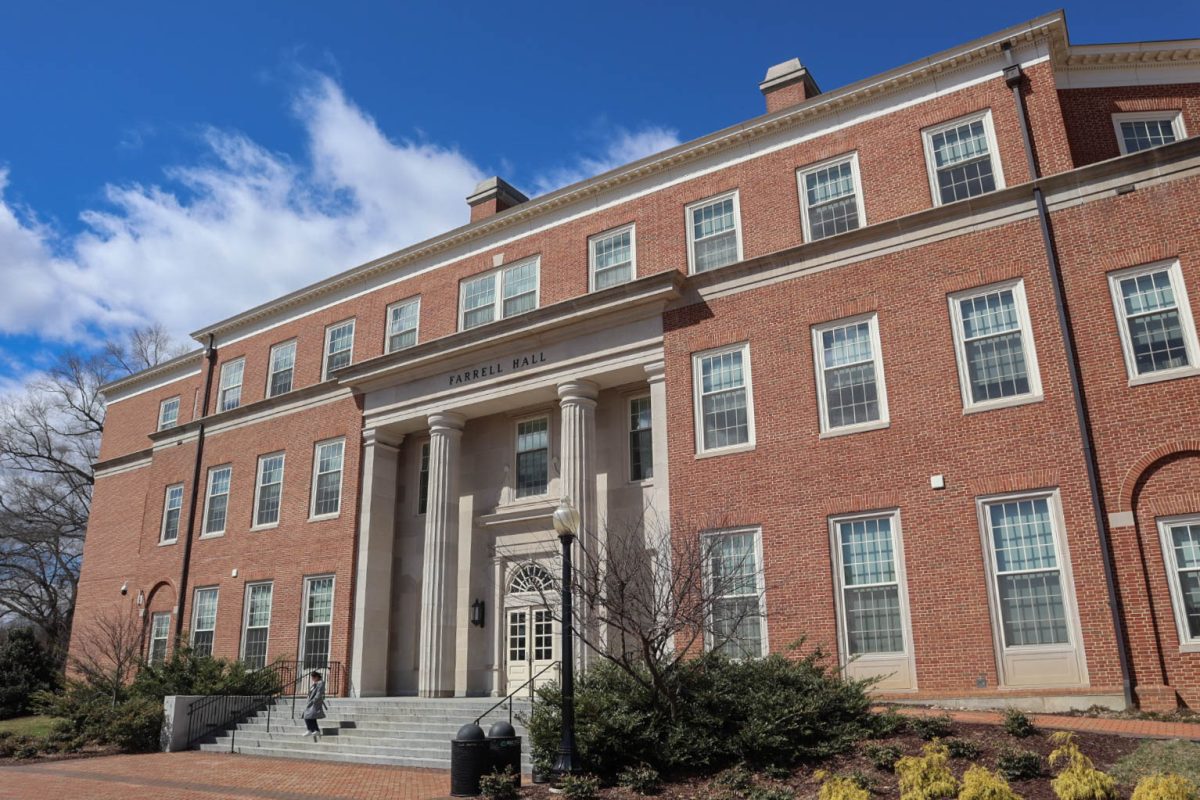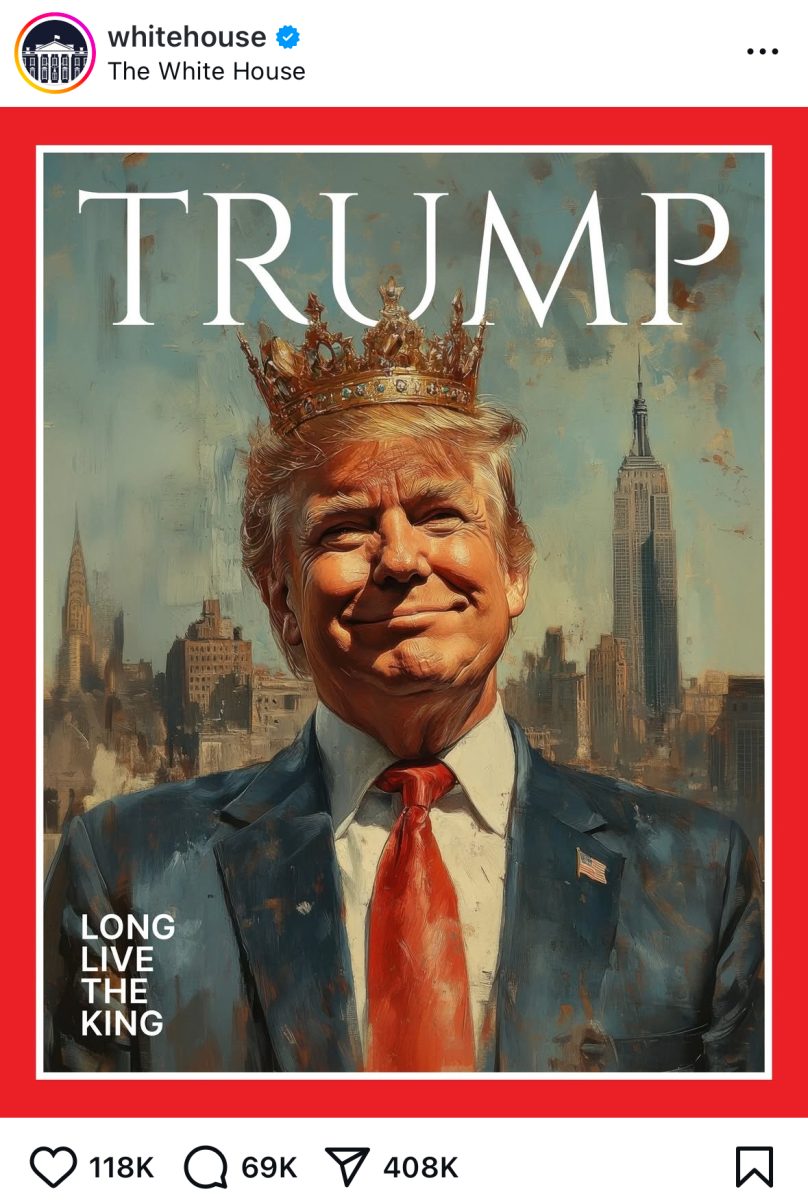Following Jan. 6, 2021, it seemed unfathomable to many that former President Donald Trump would have a chance in the Republican primaries and — even further — the 2024 election. Yet, even with his numerous indictments, Trump appears to have a strong hold on the Republican party.
Indicative of his 2016 campaign, his presidency and even his character, Trump continues to do the impossible. He has turned his indictments into a campaign tool that has largely backfired against Democrats.
In February 2023, before the indictments began trickling in, Trump had a narrow two-point lead over Gov. Ron Desantis of Florida in the Republican primaries. Nearly eight months and four indictments later, Trump now has a 30-point lead on DeSantis, who continues to be the closest competitor to Trump. Similarly, before the indictments, in December 2022, President Joe Biden held a 2.8-point lead over Trump in the General Election polls. After the indictments, however, Biden trails by a margin of 1.1 points.
How is it possible that Trump gained ground after his indictments?
Trump’s campaigns have relied heavily on conservative populism –– a political approach that strives to appeal to ordinary people through a narrow focus on nationalism, social conservatism and economic nationalism. For example, Trump has utilized the phrase “drain the swamp” throughout his campaign –– an attempt to appeal to his conservative audience by exposing the “corruption” of the “controlling” or “deceiving” Democrats on Capitol Hill. These phrases are an effective tool to appeal to ordinary people who are discontent with or feel limited by their government.
The problem with phrases like these is that they demonize the government and invalidate their proceedings. The indictments against Trump are perceived not as swift processes of justice but rather as attacks on an ideology and a person who spoke out against “corruption.” In many ways, the indictments haven’t dissuaded voters from Trump but have instead reinvigorated their loyalty and confirmed their belief of corruption and deception within national politics.
The global trend of conservative populism –– whether in the United States, Brazil or the United Kingdom –– has been a formidable test against the principles of democracy. It regresses us back to the core question at the center of every democratic election — do you have faith and trust in our government and its processes?











